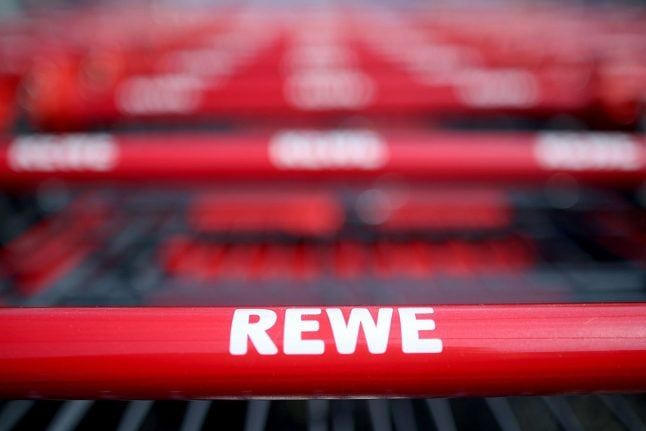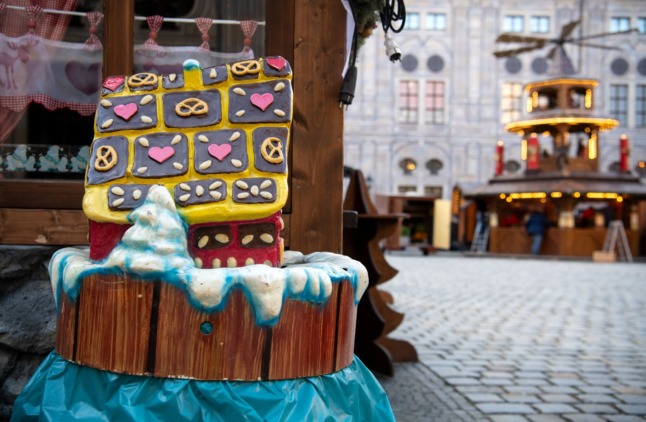The 33-year-old was sitting at the breakfast table with her son last Friday morning, reported Die Welt on Wednesday.
“Actually, I just wanted to see if there was any money in my account,” she told the newspaper. But when she opened her app for online banking on her smartphone, the shock followed: “Rewe says thank you,” it read. And right next to it, an incredible sum showed: €8,590,000,000.42.
That’s right. Eight billion, 590 million euros and 42 cents.
But with a “-” in front, and marked as a direct debit.
“I felt sick and the bread roll fell out of my hand,” said the mother-of-two.
Several thoughts spun through Router’s mind. “I was thinking whether my husband had paid with my debit card – or whether I had perhaps lost it and someone had been playing games with it,” she said.
Yet one thing was certain: recently she had not made any purchases at Rewe with the card. It quickly became clear that the plastic card was safely stowed away in her wallet, and that her husband hadn't bought anything with it, either.
So Rouyer quickly called the supermarket headquarters. “They didn't believe me and they laughed at me,” she says. “They couldn't do anything either because they didn't make the mistake.”
A mystery unsolved
Rouyer’s Bank, Commerzbank, confirmed the error but did not offer a satisfying explanation.
“Rewe has nothing to do with the process,” a press spokeswoman for the bank said in response to a request from Die Welt
Rouyer also turned to her local branch in Freilassing (bordering Salzberg in Austria) on Friday – who were unable to tell her exactly what had gone wrong.
“That's why I was still in shock the whole weekend,” said Rouyer, who remained so shell shocked throughout the weekend that she accidentally burned food she was cooking for her children on the stove.
But on Monday, according to Rouyer, Commerzbank finally offered an explaination: because Rouyer still had an outdated online banking app on her mobile phone, the mysterious booking is said to have been somehow displayed by Commerzbank.
However, there had been no corresponding booking on the Rouyer’s account. This was also because Rewe confirmed they had not submitted a so-called Lastschriftauftrag – or direct debit order – that would be needed in order to charge Rouyer for any purchase.
After the shock error, Commerzbank informed all users of the old app to update it.
Rouyer's account was therefore apparently never actually debited with over eight billion euros. Nevertheless, her horror continues to run deep, she told the newspaper. At the least, Rouyer has received an apology from her bank and a large bouquet of flowers after the mysterious fake debit.



 Please whitelist us to continue reading.
Please whitelist us to continue reading.
Member comments